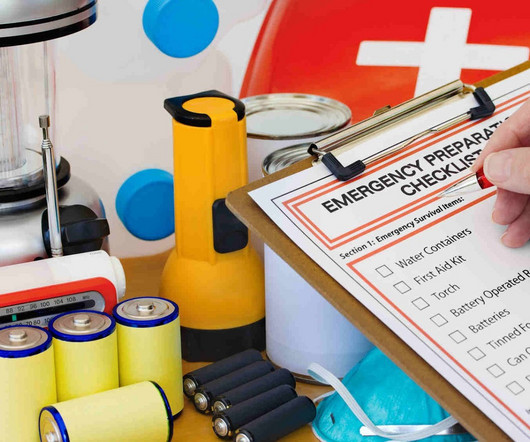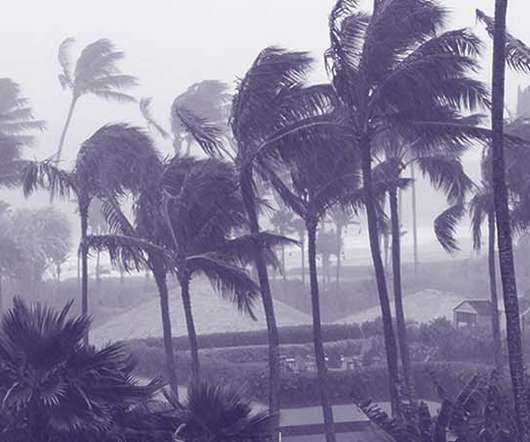How to Create an Emergency Response Plan
MHA Consulting
JANUARY 12, 2023
Due to the rise in work-from-home, the last few years have seen a serious degradation in organizations’ emergency planning and response capability. In today’s post, we’ll look at why it’s important to have a solid emergency response plan and explain how to create one. Keep your plan simple.




















Let's personalize your content